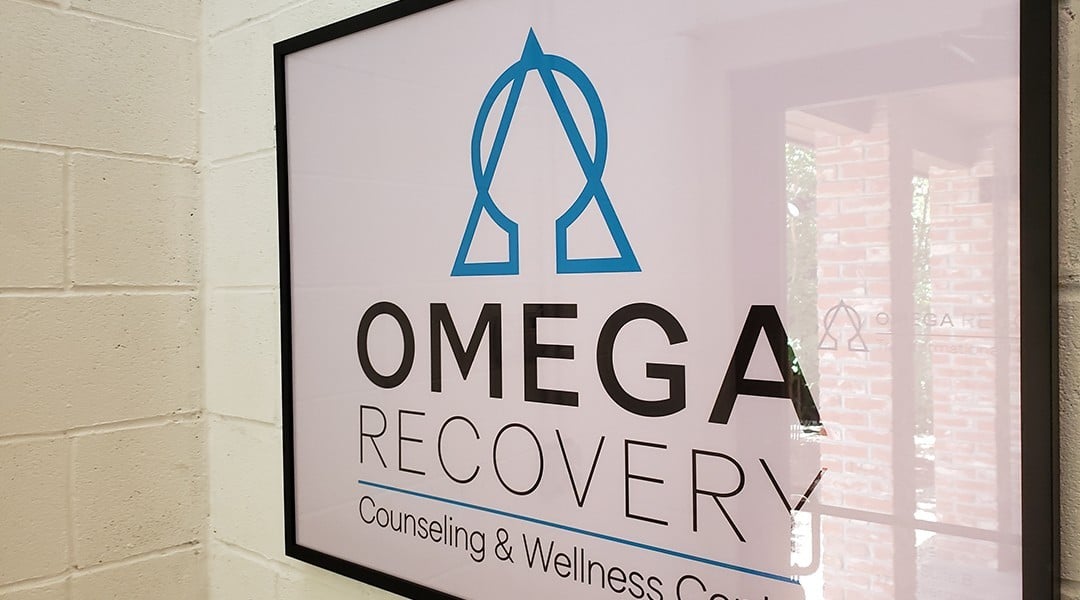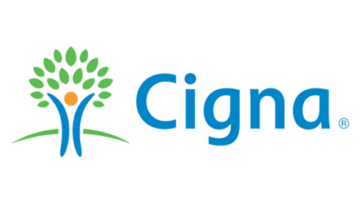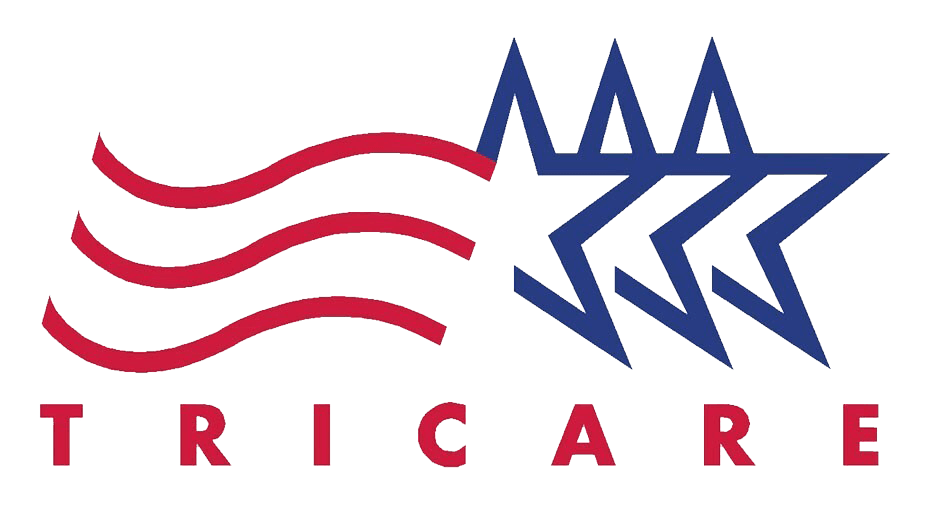Inpatient Treatment VS Outpatient Treatment
Drug rehabilitation is an important path that must be navigated by every substance abuse patient before the Elysium of recovery can be reached. There are no shortcuts or compromises that can perform the vital role played by drug rehab centers in nurturing ailing drug addicts back to wellness.Whether the culprit of a patient’s addiction is cocaine or heroin, crystal meth or Percocet, and even prescription pills or alcohol, drug rehab provides the individual with the best chance of not just recovery but also sustained improvement of his or her health.

Treatment Programs in Rehab Facilities
Conventional rehab facilities usually have two major treatment programs for drug patients that are seeking treatment for their unfortunate condition. The norm entails the admission of a patient into a rehab facility, which often offers permanent residence during the period of the rehab program. This is widely practiced in rehab centers across the country and even overseas, and has become the default treatment plan for an addiction patient.Referred to as Inpatient drug rehab, this treatment program is meant to ensure that not only the physical health of the patient is rectified on completion of program but also the psychological and behavioral condition.A common alternative to inpatient drug rehab that is also widely applied in the treatment of addiction cases is a program referred to as outpatient drug rehab. This has become quite an important therapeutic option for patients whose physical conditions or life situations necessitates an arrangement that permits only partial admission into the rehabilitation center.Unlike the inpatient option that makes residing in the premises of the rehab center mandatory, the outpatient treatment program gives patients some leeway and ensures that they continue to receive appropriate treatment despite only being availed a few hours of consultation daily.
Inpatient Drug Rehab and its Benefits
The most conspicuous element in an inpatient drug rehab program is definitely its boarding house style admission process that is employed when dealing with patients with various conditions. This arrangement is not just intended to deliver adequate care and medication to the patient, it also helps shield the patient from external factors that may negatively affect the treatment process.A key procedure in all inpatient drug rehab program is detoxification, which must be carried out in order to cleanse the patient’s internal system from the toxic substance triggering the addiction. It is important to understand that ridding the system of these toxins doesn’t only improve the state of the body’s health, it also suppresses the patient’s addictive tendencies.Other procedures used in an inpatient drug rehab program include psychological therapy, counseling, peer motivation, and personality reconfiguration. All these ensure that patients are both mentally and behaviorally equipped to withstand the challenges that will arise during their journeys to complete recovery.
Who Needs Inpatient Drug Rehab?
While inpatient drug rehab is the default treatment program of most rehab centers, it may not be the ideal treatment procedure for all patients. It is important to understand that there are different levels of drug abuse that all pose different levels of risks to the patients and hence it is always wise to treat each addiction case with an isolative perspective.Addiction cases that usually require inpatient drug rehab are those of deadly drugs like cocaine and heroin or of a severity that impedes a patient’s normal function.

Outpatient Drug Rehab and its Benefits
With outpatient drug rehab, the patient can periodically visit the rehabilitation centre to receive treatment for an addiction problem and also return to his or her permanent place of residence after each session is complete.The lax arrangement allows the patient to remain active and engage in routine activities during the program and also ensures that the treatment doesn’t in any way affect the individual’s relationship with important elements in the society.Like inpatient drug rehab, the components of the outpatient program are implemented to not only rectify the patient’s faltering health but to also sever the cord that facilitates his or her dependence on the addictive substance.While the components of both rehab programs are similar, those of outpatient rehab are usually modified to adapt to the peculiar conditions surrounding the treatment program. For example, the detoxification therapy that is administered to a patient in this program is often not as concentrated as the dosage used in an inpatient setup. This is mostly done to reduce to as low as possible, the negative impact of the therapy since the patient is likely to return to a social environment in the nearest future. The other treatment procedures like counseling, psychological therapy and peer motivation are also accommodated in the limited period assigned to the patient.
Who Needs Outpatient Drug Rehab?
This is perhaps the most comfortable option for drug addicts that still manage to hold onto a job during their affliction or are able to have normal social interactions with those around them. It ensures that the status quo of life remains even as the patient engages in comprehensive drug addiction treatment.
Which is Best for a Patient?
None of these drug rehab programs are superior to the other since each patient is personally evaluated before a treatment process is suggested. It is, therefore, important to center any drug rehabilitation program and procedure on one simple factor: the suitability of the patient.







